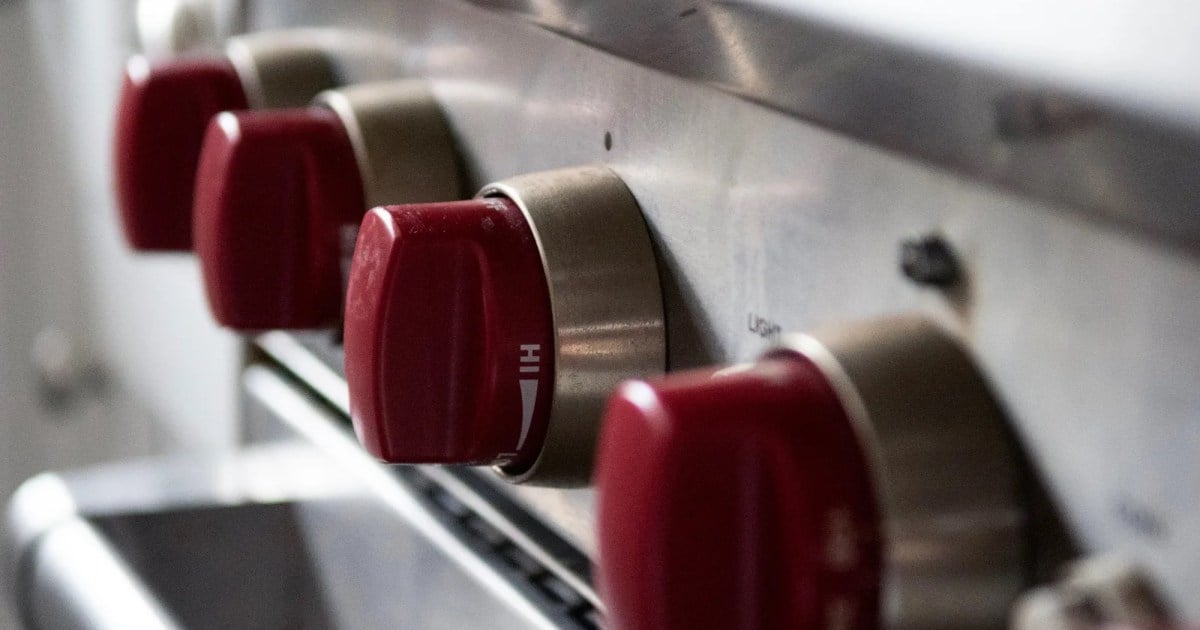239
Highlights: A study this summer found that using a single gas stove burner on
high can raise levels of cancer-causing benzene above what’s been observed from
secondhand smoke. A new investigation by NPR and the Climate Investigations
Center found that the gas industry tried to downplay the health risks of gas
stoves for decades, turning to many of the same public-relations tactics the
tobacco industry used to cover up the risks of smoking. Gas utilities even hired
some of the same PR firms and scientists that Big Tobacco did. Earlier this
year, an investigation from DeSmog showed that the industry understood the
hazards of gas appliances as far back as the 1970s and concealed what they knew
from the public. It’s a strategy that goes back as far back as 1972, according
to the most recent investigation. That year, the gas industry got advice from
Richard Darrow, who helped manufacture controversy around the health effects of
smoking as the lead for tobacco accounts at the public relations firm Hill +
Knowlton. At an American Gas Association conference, Darrow told utilities they
needed to respond to claims that gas appliances were polluting homes and shape
the narrative around the issue before critics got the chance. Scientists were
starting to discover that exposure to nitrogen dioxide—a pollutant emitted by
gas stoves—was linked to respiratory illnesses. So Darrow advised utilities to
“mount the massive, consistent, long-range public relations programs necessary
to cope with the problems.” These studies didn’t just confuse the public, but
also the federal government. When the Environmental Protection Agency assessed
the health effects of nitrogen dioxide pollution in 1982, its review included
five studies finding no evidence of problems—four of which were funded by the
gas industry, the Climate Investigations Center recently uncovered. Karen
Harbert, the American Gas Association’s CEO, acknowledged that the gas industry
has “collaborated” with researchers to “inform and educate regulators about the
safety of gas cooking appliances.” Harbert claimed that the available science
“does not provide sufficient or consistent evidence demonstrating chronic health
hazards from natural gas ranges”—a line that should sound familiar by now.
omg, is this for real? weird how recent conspiracy rumbling about gvmnt taking away gas stoves may have been covering for a real conspiracy. First I’ve read about benzene in stove fumes. Like cooking w/gas



Convection cooktops heat instantly as well, without needing combustion.
*induction
Convection is a fan that runs in your oven.
Oops, you’re exactly right
I’ve had both, I find gas much more responsive to temperature changing. But you do you.
Sure. I find inductive cooktops are close enough though, and without the dependence on fossil fuel.
Wasted heat is the worst part. The sides and handles of any pan not oversized for the burner gets blazing got and the kitchen spikes in temperature. Gas takes forever to boil water as well.
What do you think powers the house that powers the stove though? Coal is still the first option in many places.
I get my energy from entirely renewable sources. Besides, the electric grid gets cleaner over time.
Really? I have gas and a 50€ IKEA induction plate I use for frying outside and the latter heats oil up surprisingly quickly